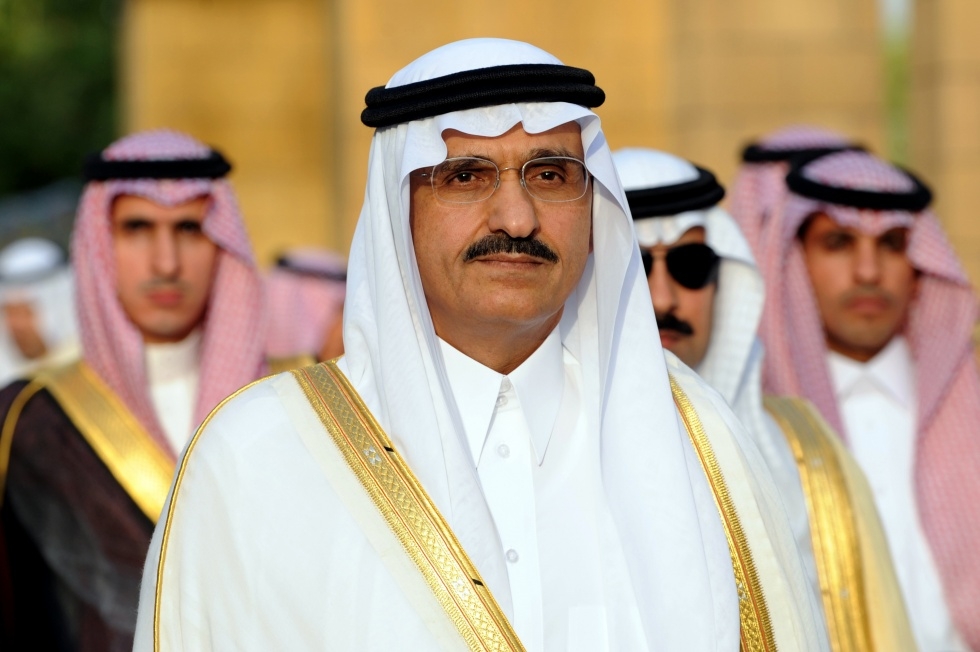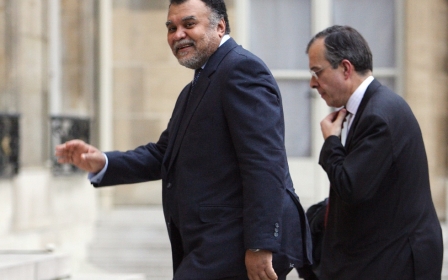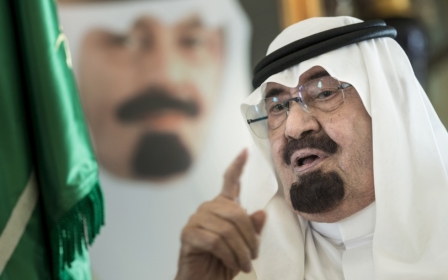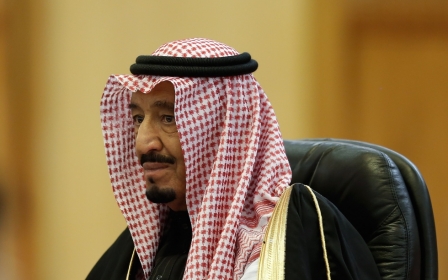Sacked Saudi deputy defence minister named spy chief
Prince Khaled bin Bandar had been appointed 'head of the General Intelligence with a minister rank' by royal decree

Prince Khaled bin Bandar has been named Saudi Arabia's new spy chief (AFP)
Published date: 12 February 2015 15:45 GMT
|
Last update: 9 years 9 months ago
Saudi King Abdullah appointed a new spy chief, giving the job to the former deputy defence minister days after sacking him from that post, SPA state news agency reported Tuesday.
Prince Khaled bin Bandar bin Abdul Aziz had been unexpectedly removed from his post on Saturday at the request of his boss the defence minister, after only 45 days on the job.
There was no reason for his sacking but early Tuesday the SPA said that Prince Khaled had been appointed "head of the General Intelligence with a minister rank" by royal decree.
The announcement comes after militants spearheading an offensive in Iraq have declared on Sunday an "Islamic caliphate", ordering Muslims around the world to pledge allegiance to their chief.
Last week, Abdullah slammed the militants, who are also active in Syria, and instructed authorities to take "necessary measures" to defend his oil-rich kingdom amid fears the Iraq offensive could spill over into Saudi Arabia.
Prince Khaled will take over from Prince Bandar bin Sultan, the kingdom's former pointman on the Syrian conflict who headed the intelligence service for two years until April.
A separate royal decree reported by SPA named Prince Bandar as an "advisor to the king and his special envoy".
Prince Bandar, a former ambassador to the United States, is widely regarded as among the most influential powerbrokers in the Middle East and was appointed intelligence chief in 2012.
Diplomats said in February that Prince Bandar was sidelined in Saudi efforts to support rebels fighting Syrian President Bashar al-Assad.
They said his management of the Syrian file had triggered American criticism and the matter was discussed during US officials' visits to the kingdom.
The prince himself reproached Washington for its decision not to intervene militarily in Syria, and for preventing its allies from providing rebels with much-needed weapons, according to diplomats.
Saudi Arabia has been strongly supportive of the rebels battling Assad.
New MEE newsletter: Jerusalem Dispatch
Sign up to get the latest insights and analysis on Israel-Palestine, alongside Turkey Unpacked and other MEE newsletters
Middle East Eye delivers independent and unrivalled coverage and analysis of the Middle East, North Africa and beyond. To learn more about republishing this content and the associated fees, please fill out this form. More about MEE can be found here.




